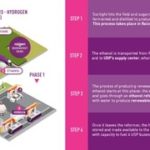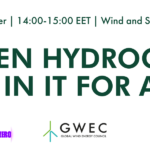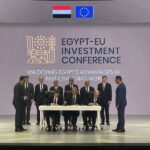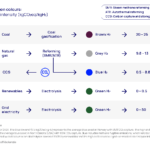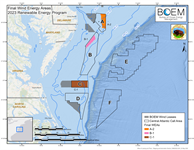Germany seals Namibia green hydrogen partnership
Energy Disrupter

Germany and Namibia have closed a partnership to collaborate on green hydrogen technologies, it was announced at a signing ceremony held in Windhoek and Berlin.
Namibia has been identified as a key location in a “Green Hydrogen Potential Atlas” being compiled by Germany’s Federal Ministry of Education and Research (BMBF). The BMBF will provide up to €40 million in funding under the partnership.
Germany’s National Hydrogen Council estimates that German industry alone, excluding refineries, will have a hydrogen requirement of 1.7 million tons per year by 2030.
“Namibia has enormous potential for the ramp-up of a green hydrogen economy: the country has large, so far unused areas,” said federal research minister Anja Karliczek. “The wind speeds in Namibia enable a particularly profitable generation of wind power,” she added.
Combined with the country’s huge potential for solar power, Karliczek said it was possible to estimate the cost of one kilo of hydrogen from Namibia to be in the €1.5-€2 range.
“That would be a worldwide peak value that could turn into a huge locational advantage for hydrogen ‘made in Namibia’,” she said.
Once feasibility studies have been completed, German-Namibian pilot projects will focus on local training, the potential for seawater desalination, and opportunities for seawater electrolysis — essential requirements in one of the driest countries in Africa.
Namibia is expected to publish a hydrogen strategy in November. It aims to export green hydrogen before 2025.
Egyptian green hydrogen
In a separate development, Siemens Energy has signed a memorandum of understanding with the Egyptian Electricity Holding Company (EEHC) to jointly develop a hydrogen-based industry in Egypt.
“This agreement will support EEHC and the Egyptian state in opportunities to localise and maximize the use of the green hydrogen industry,” said Egypt’s electricity and renewable energy minister Mohamed Shaker.
A pilot project comprising up to 200MW of electrolyser capacity is one of the first deliverables under the agreement.



